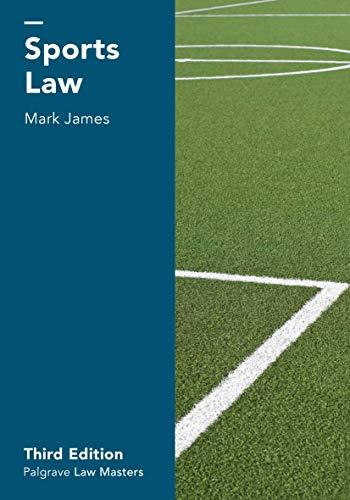Question
In 2019, the House introduced the Biased Algorithm Deterrence Act . The bill provides that an owner or operator of a social media service shall
- In 2019, the House introduced the Biased Algorithm Deterrence Act. The bill provides that an owner or operator of a social media service shall be treated as a publisher or speaker of user-generated content (and therefore may potentially be held liable with respect to such content) if the service or its algorithm
- displays user-generated content in an order that is not chronological
- delays the display of such content relative to other content; or
- hinders the display of such content for reasons other than to carry out the user's direction or to restrict material that the provider or user considers obscene, lewd, lascivious, filthy, excessively violent, harassing, or otherwise objectionable.
If implemented, the law would restrict the ability of social media hosts to control the way that material is displayed. For example, Facebook's algorithm displays content based on recency, popularity, content type, and relationship. In other words, instead of presenting every available Facebook post in chronological order, the Facebook algorithm evaluates every post, scores it, and then arranges it in descending order of interest for each individual user. Hence, Facebook provides content based on what it predicts users want to see. This in turn creates the opportunity for violent and questionable content to be ranked higher and displayed more frequently in accordance with the algorithm.
- Is the Facebook algorithm unethical, illegal or pure genius?
- How might the Biased Algorithm Deterrence Act impact branded content?
Step by Step Solution
There are 3 Steps involved in it
Step: 1

Get Instant Access to Expert-Tailored Solutions
See step-by-step solutions with expert insights and AI powered tools for academic success
Step: 2

Step: 3

Ace Your Homework with AI
Get the answers you need in no time with our AI-driven, step-by-step assistance
Get Started


